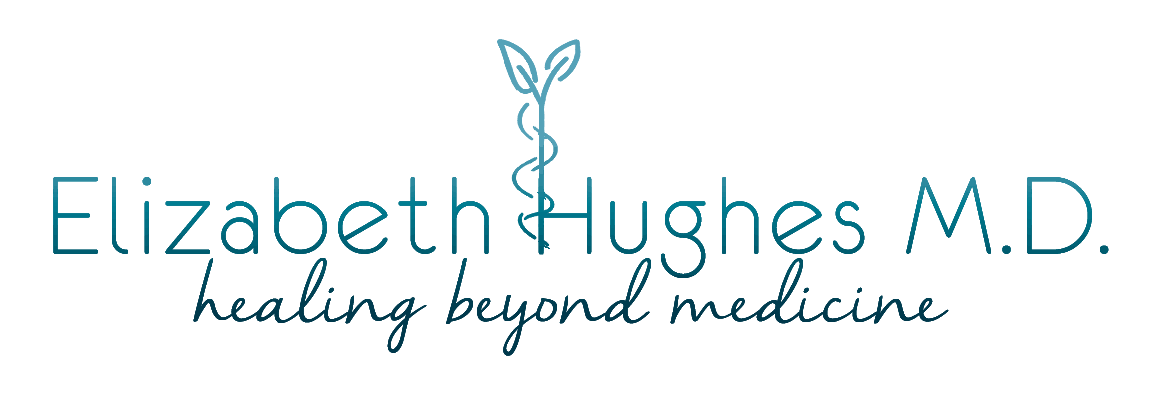Your Mission Matters

A few years ago, when I was skiing with my brother on a little-used ski run, we came across a skier who’d just fallen. Without a second thought, I stopped and offered to help. There wasn’t much I could do while perched on the side of a mountain, but I did what I could to assess the man’s injuries, keep him warm, and support his broken leg until ski patrol came. Later my brother told me he felt physically ill from seeing someone in so much pain. This completely human impulse — to avoid witnessing pain — is something I don’t have. My reaction to pain is the opposite. When I see pain, I try to help.
Doctors are special, different from other people. Not because we’re smart or highly educated or academically ambitious, although we may be all of these things. It’s because we are called to serve in a way that most other people can’t comprehend. We willingly pick up a burden — the responsibility for the lives and health of strangers — that most others shun. In this way we’re like the police officer who runs toward the sounds of gunshots, rather than away. Or like the fireman who willingly runs into the burning building.
We go toward the pain, the illness, the tragedy, because we know, deep in our hearts, that it is our mission, our calling, to help. This sense of mission provides the drive which makes us devote years to training. It makes us study even over holidays and on vacations. It keeps us going after long hours on our feet in hospitals and clinics all over the world. We care deeply about our fellow man and we know it is our mission to help.
This dedication is a superpower. But because it’s second nature to us, we don’t see it. And we definitely don’t see how it can be exploited. Which is what’s happening right now to physicians. In the name of serving our patients, doctors are now spending increasing amounts of time and personal resources on mind-numbing tasks. We tell ourselves, “If this is what it takes to make a patient well, I’ll do it. After all, what’s another few minutes looking up a code? Or filling out a form?” Not much, right? We’ll do it if it helps.
But it doesn’t help. And it’s gotten to the point where it hurts. Let’s face it: no one’s life has ever been saved by proper coding. Or by strict application of the Meaningful Use criteria.
I’m not arguing that having the correct diagnosis doesn’t matter. Or that proper medical documentation isn’t important. What I am saying is that while the diagnosis is crucial, the code is immaterial. Just a jumble of numbers and letters. And while documentation does save lives, the regulations about the documentation are meaningless.
The alphabet soup of regulations faced by physicians today — MACRA, ICD-10, EHR, MOC, etc. — are harming all of us. Not just doctors, but every single person who needs a doctor or will ever need a doctor. Each minute a doctor spends fulfilling these regulations is a minute not spent with a person who needs care. Physicians are dropping like flies, being driven out of the profession they love by regulations which they know are meaningless. Those who continue to practice are holding on by a thread.
What’s the solution? Doctors need to live their mission. Be true to their higher purpose.
Don’t rely on an external source. Certainly not an agency or bureaucracy. They’re what created the morass of regulations we have now.
To find your mission, you have to look inside. When you connect with your calling, you connect with your strength. And you can navigate anything, even a system of regulations which seem impenetrable.
There has never been a time when it has been more important to follow the adage Physician heal thyself. We have the power to heal, not just our patients, but the medical system. But we have to start with ourselves. Once we doctors live our mission, we can bring health to everyone.

